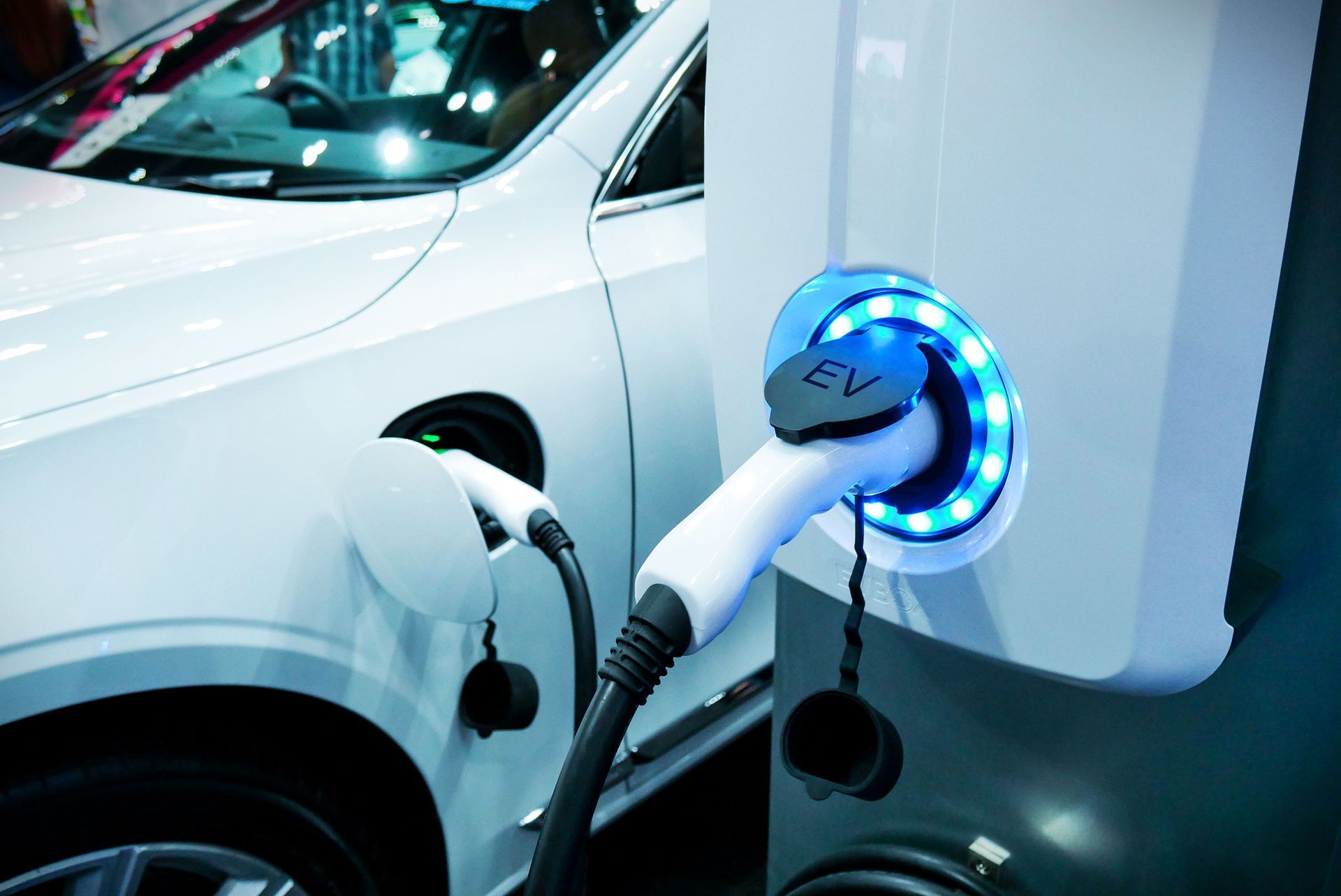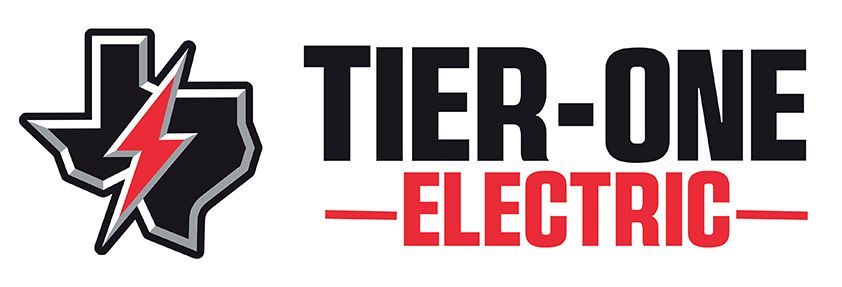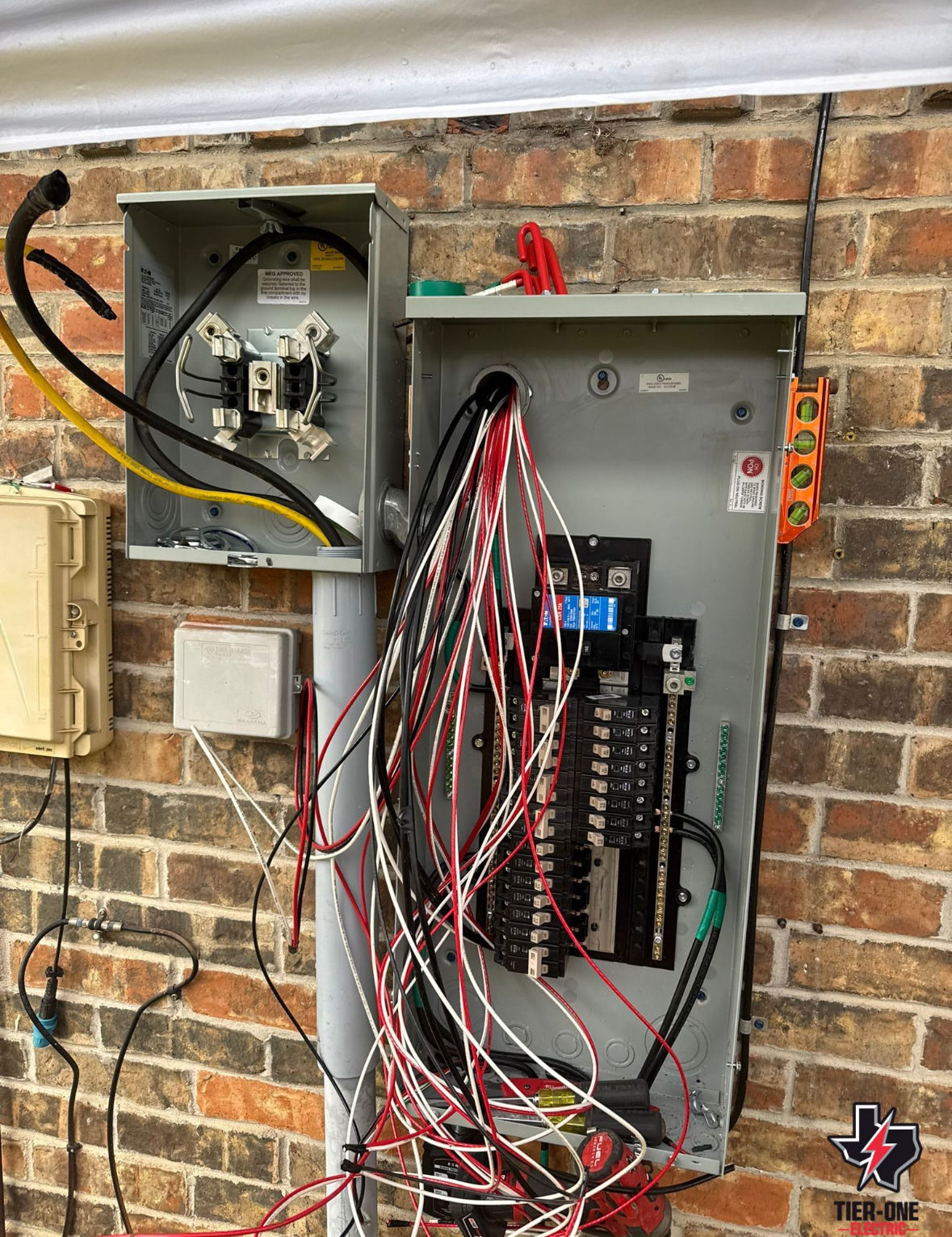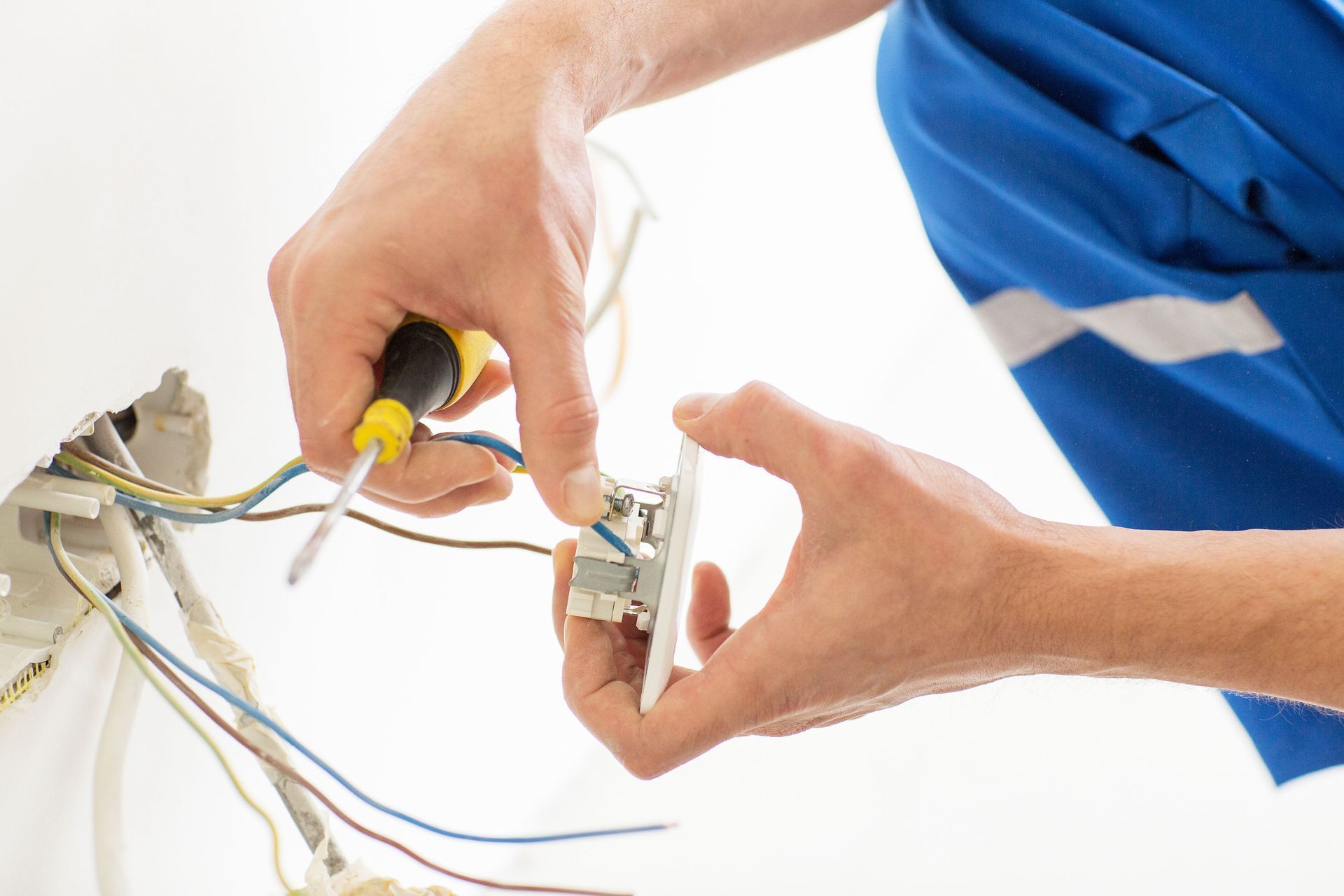August 8, 2025
As electric vehicles (EVs) become increasingly common, the demand for fast, safe, and reliable charger installations continues to rise. Electrical contractors play a crucial role in simplifying this process, ensuring that every installation meets safety standards, code requirements, and customer needs. With their expertise, EV owners can enjoy peace of mind and a smooth transition to cleaner, more sustainable transportation.
Understanding the Demand for EV Chargers
The electric vehicle market is rapidly growing, leading to a significant increase in the demand for EV chargers. As more people transition to electric vehicles, the infrastructure to support these vehicles must be developed concurrently. According to IEA, in 2024, around the world, more than 1.3 million public charging points were added, which was 30% more than the previous year. This surge shows the critical need for skilled electrical contractors to ensure the seamless installation and maintenance of EV chargers. Their expertise is essential in navigating the complexities of electrical installation, safety considerations, and compliance with local regulations.
The significance of EV charger installation by a skilled electrical contractor cannot be overstated, as it directly impacts the feasibility and convenience of owning an electric vehicle. A well-installed charger provides reliability and efficiency, reducing the charging time significantly. Professionally installed chargers ensure safety, a crucial factor considering the potential electrical hazards.
Amateur or DIY installations present several challenges, including potential safety hazards and less-than-optimal charger performance. Without the appropriate knowledge and tools, DIY installations can lead to electrical failures or even fire hazards. A professional electrical contractor brings the necessary skills to handle these challenges effectively, ensuring that chargers operate safely and efficiently. Additionally, professional expertise helps navigate regulatory requirements, which can be daunting for an inexperienced individual. Working with trained contractors eliminates these risks and ensures compliance with industry standards.
Preparing for the Initial Consultation
During the initial consultation and site assessment, electrical contractors evaluate the specific needs of residential versus commercial clients. Residential installations may involve simpler systems, whereas commercial setups often require complex systems to support multiple vehicles. Tailoring solutions to the specific environment is critical for ensuring efficiency and effectiveness. An electrical contractor will assess the size of the facility and the expected usage patterns to recommend appropriate solutions. This assessment is crucial in avoiding unnecessary costs and ensuring optimal performance.
Assessing the existing electrical infrastructure is a vital step in the installation process. If the current setup is insufficient to support an EV charger, contractors must recommend and implement necessary upgrades. This could involve enhancing supply capacity to ensure safe and consistent power delivery. Customized solutions are developed based on these assessments to suit individual client needs. Without a thorough initial evaluation, installations could lead to significant operational inefficiencies and potential safety risks.
Designing the EV Charger Installation Plan
Designing an effective EV charger installation plan begins with selecting the right charger type and model. Various factors, such as the vehicle type, charging speed requirements, and budget constraints, influence these decisions. An electrical contractor must also consider the electrical load capacity and space available for installation. This detailed planning helps prevent any future issues that could arise from selecting inappropriate equipment. By offering expert advice, contractors ensure that clients receive a system tailored to their specific needs.
Integration with existing systems is another vital aspect of the installation plan. This involves harmonizing the new EV charging system with the client's current electrical setup, ensuring seamless operation. Proper integration prevents system overloads and enhances the overall efficiency of the setup. Contractors evaluate the existing infrastructure to determine how best to incorporate the new charger. This is essential for both residential and commercial installations, where efficiencies can lead to significant cost savings and improved functionality.
Another crucial consideration in the planning phase is ensuring scalability for future needs. As client demands grow, the electrical infrastructure must be capable of handling increased usage. Contractors plan for such eventualities by designing scalable solutions that can be expanded easily. This includes choosing systems that support additional chargers without extensive modifications. Planning for efficient usage and energy management ensures operational costs remain manageable while meeting future demand seamlessly.
Navigating Permitting and Regulatory Compliance
Navigating local permitting processes is an integral part of the installation procedure, ensuring that all legal requirements are met. The permitting process can vary significantly depending on the locality, become complex, and often require expert navigation. A local electrical contractor brings their experience to this stage, streamlining the process by managing applications efficiently. This not only hastens the installation timeline but also prevents potential legal issues down the line. Ensuring complete compliance from the outset delivers peace of mind to clients.
Understanding zoning and neighborhood restrictions is equally vital in ensuring a successful EV charger installation. Different areas might have unique restrictions regarding the placement or operation of these systems. Contractors work closely with local authorities to make sure these guidelines are adhered to. By incorporating environmental considerations, electrical contractors ensure that installations align with sustainability goals and reduce carbon footprints. Collaboration with utility companies further ensures that installations are energy-efficient and cost-effective.
Planning for Installation and Implementation
Once all plans are in place, the installation and implementation phase begins, requiring meticulous coordination with the installation team. A skilled team ensures that the installation is conducted seamlessly and within the stipulated timeline. Contractors manage logistics, such as the arrival of equipment and site readiness, to mitigate any potential delays. Ensuring best practices in safety is paramount during this stage to protect both the clients and the installation team. Safety protocols are strictly adhered to, minimizing risks associated with electrical installations.
Despite thorough planning, unexpected challenges can arise during the installation process. An electrical contractor must be prepared to handle issues such as equipment malfunctions or unforeseen site conditions promptly and efficiently. By maintaining a flexible approach, contractors can adapt solutions to meet unexpected demands and ensure project continuity. Quality assurance and testing are conducted post-installation to verify system functionality and safety. Testing includes checks for power delivery efficiency and adherence to safety standards.
Following installation, training clients on charger use and maintenance is imperative for optimizing the long-term use of the system. Contractors guide clients on how to operate their new chargers effectively, including any periodic maintenance tasks that should be performed. This knowledge transfer ensures that clients can troubleshoot minor issues independently and maintain peak charger performance. Humanizing technology in this manner enhances user confidence and satisfaction. As a result, the likelihood of recurrent business and positive referrals increases significantly.
Scheduling Post-Installation Support and Maintenance
Offering scheduled maintenance services forms the backbone of long-term customer satisfaction and EV charging system efficacy. Contractors develop maintenance plans tailored to the client's specific setup to mitigate any potential operational issues proactively. Regular maintenance ensures that the chargers continue to function efficiently and reduces the risk of unexpected breakdowns. These services often include routine inspections, software updates, and performance assessments. Scheduled checkups instill confidence in clients about the longevity and reliability of their investment.
Immediate repairs and troubleshooting are crucial in addressing any problems that occur between scheduled maintenance visits. A local electrical contractor will offer quick-response services to resolve issues promptly and restore system functionality. This fast action is vital in preventing minor issues from escalating into major disruptions. Moreover, updating firmware and software as necessary keeps systems current, enhances security, and often introduces new features. Regular updates ensure longevity and keep the EV charging system compatible with the latest vehicle models.
Electrical contractors are essential to building the EV charging infrastructure needed for a greener future. From site assessments and system design to compliance and post-installation support, they make the process efficient, safe, and scalable. As EV adoption accelerates, relying on professional expertise ensures drivers stay powered up and ready for the road ahead. If you're looking for a reliable electrical contractor , consider working with Tier-One Electric. Contact our team today to set up a consultation!






